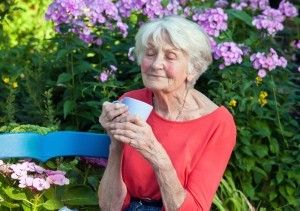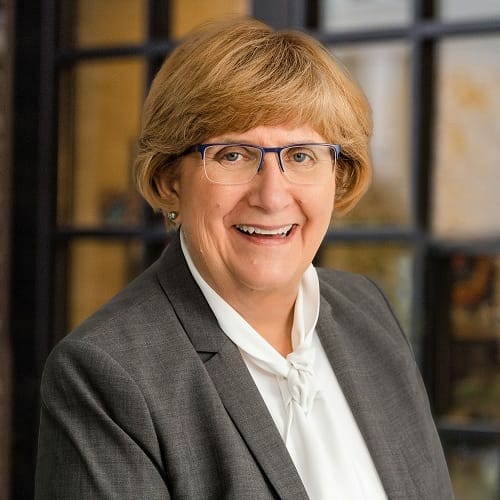
The taste of a freshly baked peanut butter cookie can remind you of your mom covered in flour greeting you after a long day at school. The smell of pipe tobacco might remind you of your grandfather reading you a book in his leather chair. Tastes and smells hold memories. As these senses fade, so can memories and the comfort associated with them.
A normal part of the aging process is our senses will fade. When our loved one is having difficulty seeing or hearing, we typically are very concerned and bring them to the doctor to try to alleviate these issues. But just as important is our sense of taste and smell, although these issues can often go untreated.
A loss of smell can be dangerous to an elderly individual living on their own. They may not be able to smell smoke from a fire. They may not notice the smell of gas from a stove left on. They may not smell spoiled food that can lead to food poisoning. The loss of smell can compromise their safety.
If you loved one can no longer smell the aroma of a fresh cup of coffee, a Sunday afternoon pot roast, or fresh bread from the oven, this can decrease their appetite leading to poor nutrition, weight loss, impaired immunity, and impact their quality of life. In an attempt to improve the taste, many elder will use excess salt or sugar, which can lead to high blood pressure or diabetes. Not being able to enjoy these simple things in life can sometimes cause depression or stress.
Although the loss of taste and smell cannot be reversed, some impairments can be treated. Consult a physician to address any issues that may be contributing to your seniors loss of taste or smell, such as:
- Review and adjust medications that can affect taste
- Treat nasal or sinus issues, such as allergies or infection
- Quit smoking
- Address dry mouth that can affect the production of saliva, making it difficult to swallow and taste
- Consult a dentist to treat any dental issues, such as gum disease, tooth loss, and dentures
- Brush teeth before and after meals, floss regularly, and use mouthwash
If you loved one is experiencing difficulty eating due their fading senses, here are a few suggestions to help with nutrition:
- Offer foods in a variety of bold colors and textures
- Part of the joy of eating is with your eyes, so plate the food attractively and with a simple garnish
- Serve food on a white plate so meals can be easily seen against a light background
- If their diet allows, add flavor through butter, olive oil, cheese, nuts and fresh herbs such as basil, oregano, and rosemary
- Try to add a little spice with mustard, garlic, onion, ginger, lime, or lemon
- Offer your loved one snacks throughout the day instead of just three meals. Bright colored vegetables such as tomatoes, yellow or red peppers, carrots and broccoli are good options
- Cold food like yogurt, pudding or gelatin are more flavorful than warm foods
- Drink plenty of fluids throughout the day
At Aegis Living, our communities employ expert chefs who make meals that are not only tasty, but visually appealing to our residents. Our mealtimes are social events where our residents enjoy time with each other, while getting nutritious meals to boost their immunity and to keep them healthy. We offer snacks and beverages throughout the day to stimulate their appetites and keep them hydrated. We understand that a senior’s loss of taste and smell can be challenging, so we take extra care with every meal and snack that we serve our residents.
